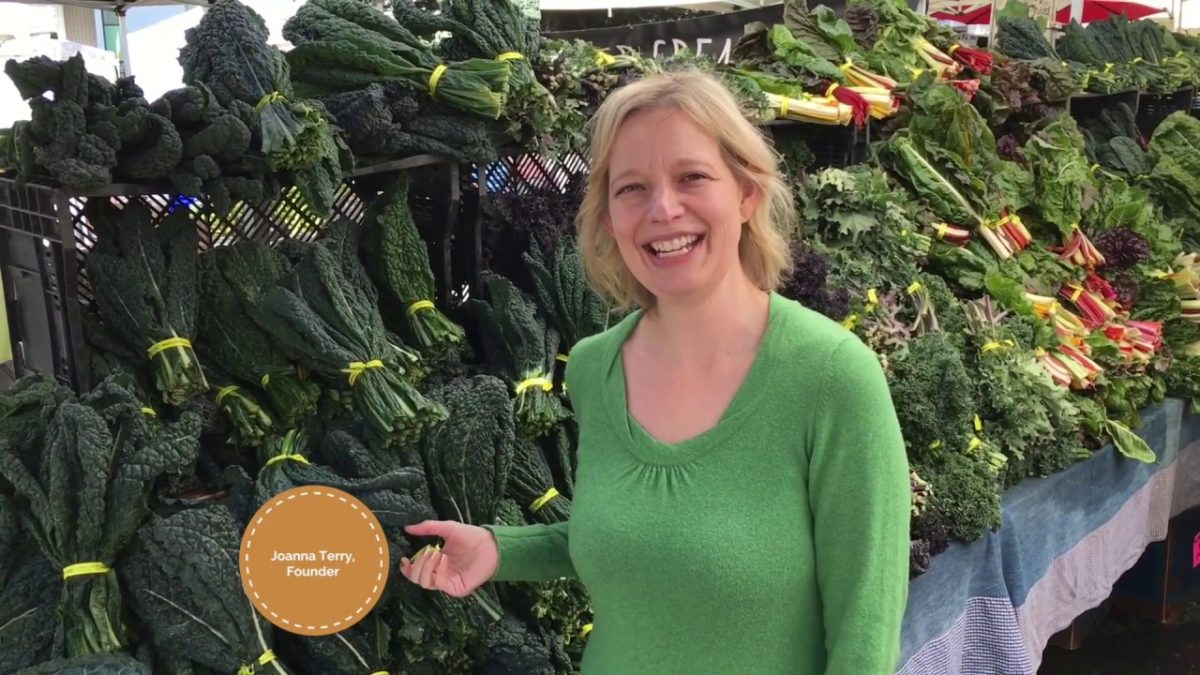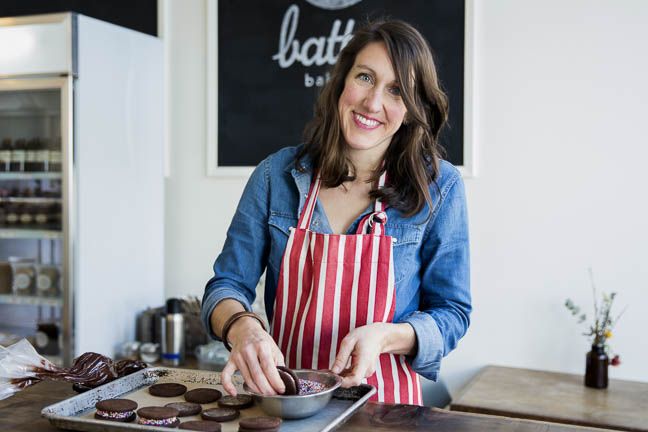Good morning, PCV community,
March is Women’s History (or Herstory!) Month, and that has everyone here at PCV thinking about the hundreds of amazing women small business owners we work with across the country, and the effect that women business owners have on our local communities and economies. 11.6 million U.S. businesses (38%) are women-owned (and 5.4 million are majority-owned by women of color). They employed nearly 9 million people and generated more than $1.7 trillion in revenue last year. Since 2014, women-owned businesses have grown at double the rate of businesses owned by men! African-American women are 300% more likely to launch a new business than anyone else, and represent the fastest-growing demographic of entrepreneurs in the US. In fact, women of color account for 89% of the new businesses opened by women over the past year.
Yet, women business owners face many challenges. Almost 75% of women business owner say their most common obstacle to growth is a lack of capital. Studies have shown that men are almost twice as likely as women to raise $100,000 or more in funding. With PCV’s strong focus on advancing equity and impact, 60% of our loans have gone to women over the past 5 years, and 65% of the 770 small business owners we connected with mentors in 2019 were women.
By supporting businesses owned by women, and increasingly women of color, we’re helping them create good jobs and strengthen their communities across America. As our friend (and lending client) Nani Tsegaye of Tadu Ethiopian Kitchen in San Francisco told us, “I’m a woman, a minority, an immigrant, and a mother. I am the people who work for me, and that means I can create better jobs because I am them. Investing in businesses owned by women and people of color will really pay off and create more and better jobs for people like me: people of color, immigrants, women, parents.”

50% of women business owners feel impeded by a lack of available mentors or advisors. PCV’s BusinessAdvising.org changes that, and Joanna Terry of Souperb in San Francisco is a “souperb” example. We’ve worked with her for two years now, and she’s actively managing four advisors from our program. Mentors like Barbara Roesner, Vice President, Credit Advisor at California Bank and Trust, who offered solutions to her high cost of goods by identifying alternative co-manufacturing options. And Sarah Rubio, a Purchasing Manager at EAT Club whose background in the food industry made for a seamless working relationship in procurement, logistics, and vendor management.
This past week we were reading a new report from the Economic Policy Institute that explains, step by step, how inequality and flat-lined wage growth over the last 40 years are the result of a series of policies that include tolerating (or even encouraging) excessive unemployment; failing to routinely raise the federal minimum wage; writing the rules of globalization to let employers use them as a tool for wage suppression; the enforced withering of labor standards; and sharp cuts in marginal tax rates, deregulation, and loose corporate governance oversight, which led to explosions in executive and financial-sector pay. To stem inequality and see healthy wage growth for the vast majority of workers, we need to use all the tools in our toolbox to reverse these trends.
Where are some places we can start? More Americans work in retail than in manufacturing and the energy sector. Those retail jobs are vanishing and leaving laid-off workers with few options for stable employment. But unlike when factories shut down, there is no national outcry. PCV’s Good Jobs, Good Business work originated with seed funding from Surdna Foundation and Walmart Foundation’s Reimagine Retail initiative to make inroads in this area. 16 million people work in retail, and the retail workforce is slightly more female, African-American, and Hispanic than the overall workforce. Over 90% of retailers are small businesses, and they operate in increasingly competitive and expensive markets.

These are small business owners like Jen Musty, of San Francisco’s Batter Bakery, and volunteer advisor Anne Claire Broughton. Together Jen and Anne Claire implemented strategies aimed to increase employee engagement, supporting Jen’s goal of focusing on areas of job quality to ultimately increase the bottom line of the business: employees would come to work excited to sell the products and this would have a domino effect on sales. She also wanted to educate employees on why her business is unique, how they contribute to it, and why working there is a point of pride over other bakeries.
Join us to support more women entrepreneurs in the U.S. this month as your contribution to Women’s Herstory Month, and help us advance good jobs in your community.

I’d also like to personally welcome the newest members of PCV’s advisory council! This month we’re excited to welcome This month we’re excited to welcome Ariana Makau – President & Founder, Nzilani Glass Conservation; Dr. Vivienne Ming – Professional Mad Scientist; Sachi Shenoy – Co-founder and Chief Impact Officer at Upaya Social Ventures; Jed Emerson – Founder of Blended Value Group; and Aman Verjee – Co-founder of Practical Venture Capital. We look forward to leveraging their expertise and advice to advance an inclusive entrepreneurship agenda in the US.
Bulbul Gupta
President & CEO, Pacific Community Ventures